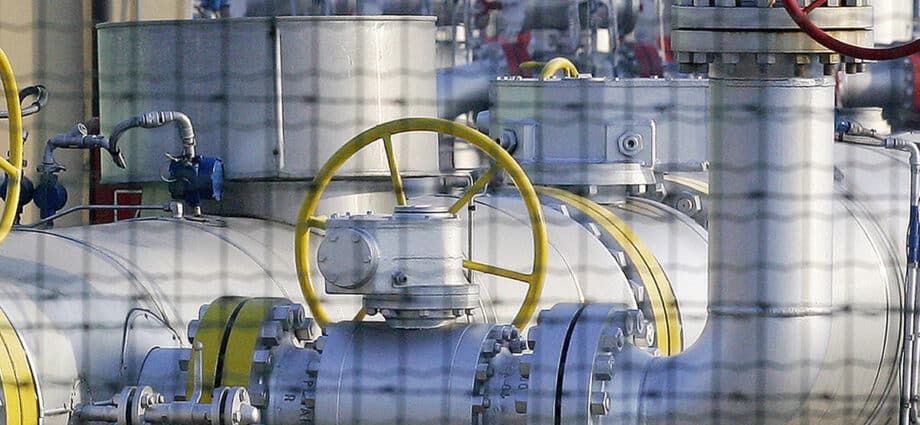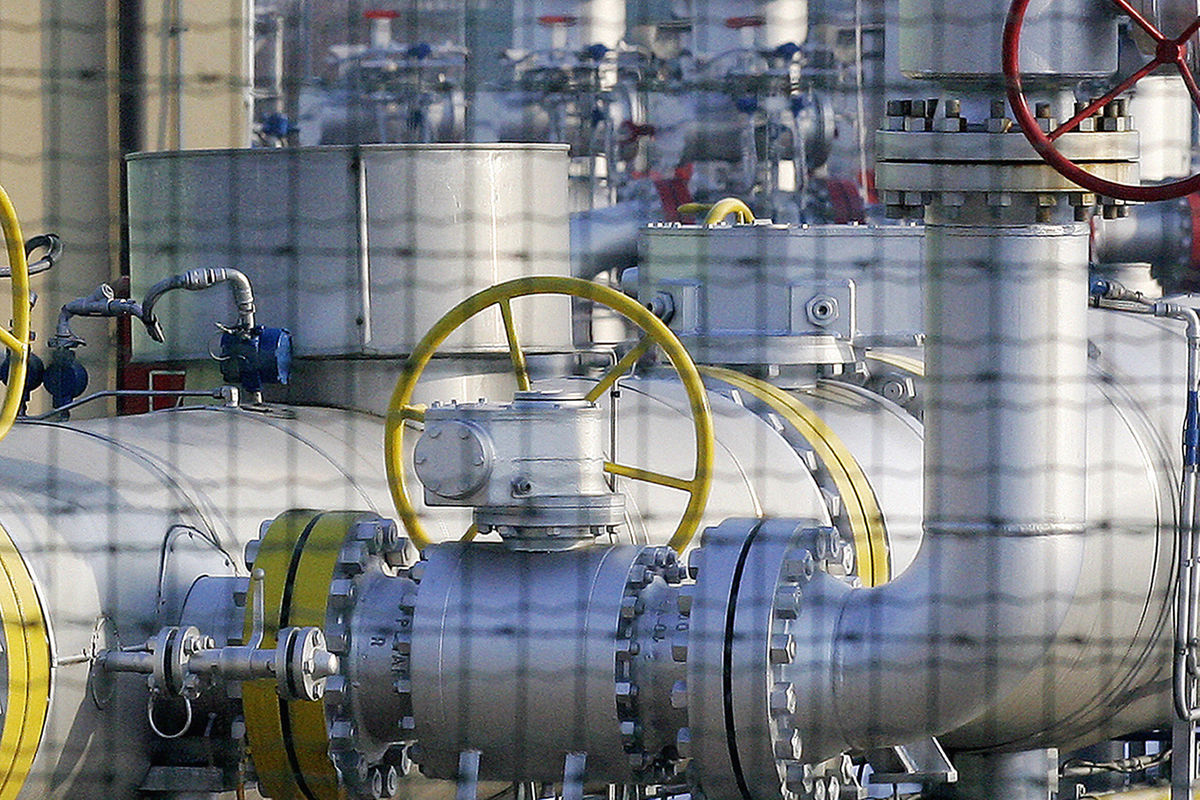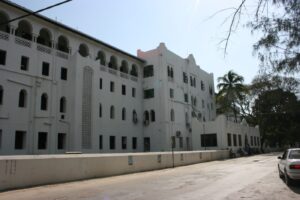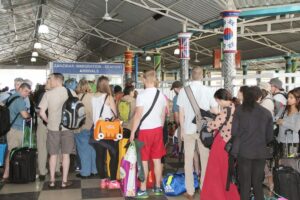Dar es Salaam. Tanzania is advancing plans to expand its natural gas exports to neighbouring countries, including Uganda, Kenya, the Democratic Republic of the Congo (DRC), and Zambia, as it continues its ambition to become a regional cooking energy powerhouse.
The Tanzania Petroleum Development Corporation (TPDC) acting managing director, Mr Ahmad Massa, revealed the plans on Friday, September 13, 2024.
He was addressing local journalists during a capacity-building workshop aimed at discussing and increasing their understanding of the state of the oil and gas sectors.
During the event, Mr Massa said Tanzania has signed preliminary agreements with the aforementioned countries for supplying natural gas through pipelines, Liquefied Natural Gas (LNG), and its Mini LNG systems.
“The government has entered into initial agreements with Uganda, Kenya, the DRC, and Zambia for the sale of natural gas. This move positions Tanzania as a major supplier of cooking energy in the region,” said Mr Massa.
The TPDC is actively working on infrastructure developments, including the construction of mini LNG plants in collaboration with companies such as ROSETTA, Africa 50, and KS Energy.
He said that once completed, these plants will enable the efficient transportation of natural gas to neighbouring markets.
Mr Massa emphasised that these efforts will solidify Tanzania’s role as a key player in energy provision across East and Southern Africa at a time when energy demand is surging.
He noted that TPDC’s goal is to leverage natural gas resources to not only support Tanzania’s energy needs but also to help neighbouring countries reduce dependence on external energy suppliers.
“TPDC is also poised to play a pivotal role in Tanzania’s agricultural sector through the production of urea fertiliser,” he said.
TPDC is partnering with the Tanzania Investment Centre (TIC) and the Tanzania Fertiliser Regulatory Authority (TFRA), which have signed a memorandum of understanding with Indonesia’s ESSA Group to build a fertiliser plant worth Sh3.5 trillion (approximately $1.4 billion) in the Lindi Region.
“This facility will be a breakthrough for Tanzania’s agricultural industry and position the country as a key supplier of fertiliser in Southern Africa,” said Massa.
TPDC is actively exploring oil and gas fields across the country, noting that the ongoing exploration activities include those in Mnazi Bay, Ruvuma, Songo Songo, and the Eyasi Wembere block, which spans several regions including Arusha, Singida, and Simiyu.
The goal is to increase domestic energy production, both for local consumption and for exports.
Massa affirmed TPDC’s commitment to pushing forward with exploration and production, noting that further discoveries will enhance Tanzania’s energy independence and enable it to supply more energy to the region.















